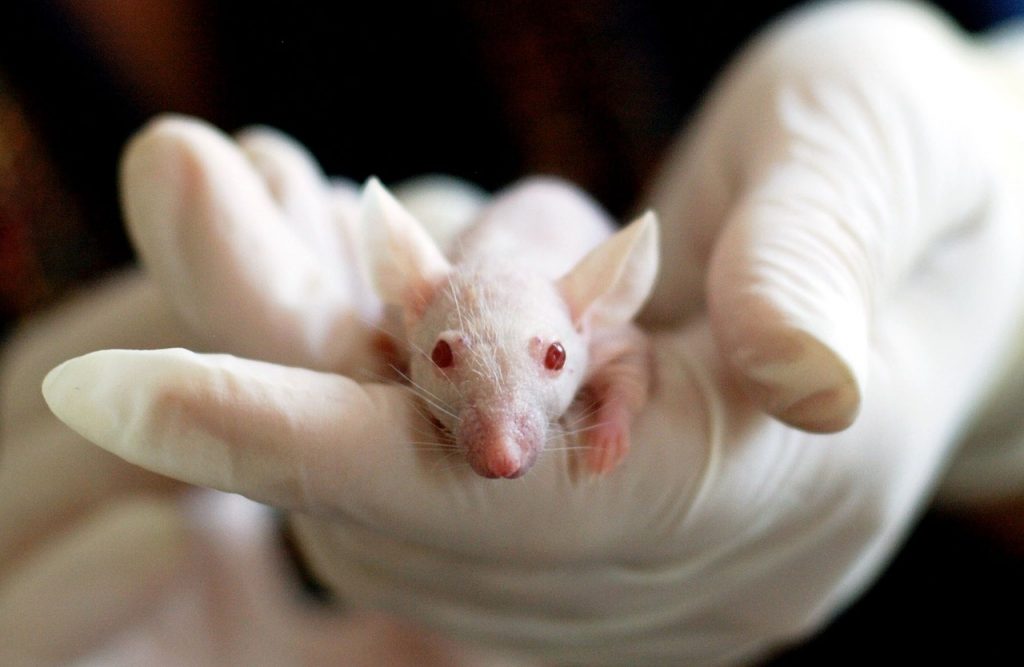Researchers at the Stanford University School of Medicine developed the new cancer treatment that activates T-cells in cancer tumors in mice.
Injecting two immune system boosting agents into tumors can eliminate all traces of cancer. It also includes distant and previously untreated metastases.
Scientists stated that this approach is good for any type of cancer. However, it has been tested only on mice and now researchers recruit lymphoma (group of blood cancers) patients to test their approach during a clinical trial.
There are several ways how widely used approaches affect cancer in patient’s body: some of them stimulating the immune system or target checkpoints that limit the anti-cancer activity of leukocytes.
Another approach called CAR T-cell therapy requires leukocytes to be removed from the body and modified to attack the cancer tumor cells.
These approaches are successful but have long treatment time, lots of side effects and high cost.
The innovative approach from Stanford University researchers has several advantages over bodywide immune stimulation. The first one is shorter time before the agents start to work. Since the amount of active substances is low, a cancer therapy should not be expensive.
On the top of that, therapy is rapid compared to a common therapy, since it affects the tumor directly. It also decreases the number of side effects that may occur during the treatment.
Treatment testing
The innovative approach showed high effectiveness in laboratory mice with lymphoma tumors. Mice had transplanted tumors in two sites of their bodies.
The approach worked startlingly well in laboratory mice with transplanted mouse lymphoma tumors in two sites on their bodies. The study showed, that injecting two agents into one of the tumors also affected the other one.
87 of 90 mice with cancer were cured by the new approach. Three other mice had cancer recurred again and regressed after the second treatment.
The researchers also tried their approach to other types of cancer, like colon, breast and melanoma tumors and observed similar results. They also discovered that treating the first tumor prevents cancer tumor occurrence in the future and increases mice lifespan.
For the clinical trial, scientists wish to recruit 15 patients with lymphoma. They expect the treatment to be useful for many tumor types in humans.
Dr. Ronald Levy, MD, professor of oncology, member of Stanford Cancer Institute and Stanford Bio-X said that when they saw the elimination of cancer tumors all over the body after they have used two anti-cancer agents.
He stated that the approach let to bypass the need in tumor-specific immune targets identification. It also doesn’t require immune system activation or leukocytes modification (CAR T-cell therapy).
Levy said that he expects clinicians to inject the agents into cancer solid tumors prior to surgery. In this case, it is possible to prevent cancer recurrence due to lingering cancer cells or metastases.
Dr. Levy said that he didn’t think that there was a limit to the type of cancer scientist could potentially treat as long as it had been infiltrated by the human’s immune system.

